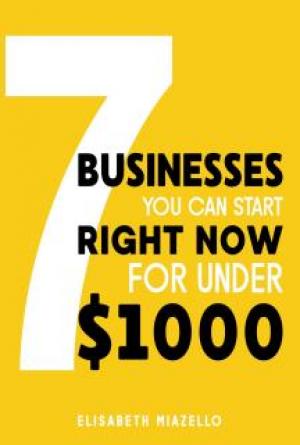Conclusion
Let's recap: The forex market represents the electronic over-the-counter markets where currencies are traded worldwide 24 hours a day, five and a half days a week. The typical means of trading forex are on the spot, futures and forwards markets. Currencies are "priced" in currency pairs and are quoted either directly or indirectly. Currencies typically have two prices: bid (the amount that the market will buy the quote currency for in relation to the base currency); and ask (the amount the market will sell one unit of the base currency for in relation to the quote currency). The bid price is always smaller than the ask price. Unlike conventional equity and debt markets, forex investors have access to large amounts of leverage, which allows substantial positions to be taken without making a large initial investment. The adoption and elimination of several global currency systems over time led to the formation of the present currency exchange system, in which most countries use some measure of floating exchange rates. Governments, central banks, banks and other financial institutions, hedgers, and speculators are the main players in the forex market. The main economic theories found in the foreign exchange deal with parity conditions such as those involving interest rates and inflation.
Overall, a country's qualitative and quantitative factors are seen as large influences on its currency in the forex market. Forex traders use fundamental analysis to view currencies and their countries like companies, thereby using economic announcements to gain an idea of the currency's true value. Forex traders use technical analysis to look at currencies the same way they would any other asset and, therefore, use technical tools such as trends, charts and indicators in their trading strategies. Unlike stock trades, forex trades have minimal commissions and related fees. But new forex traders should take a conservative approach and use orders, such as the take-profit or stop-loss, to minimize losses. Just keep in mind that managing your money goes hand in hand with managing your risks, which is the key to any kind of investing and remember to not be greedy. Slow and steady wins the race every time.
To find out more about how to get involved in the Stock or Forex market and to receive ongoing educations, trade with other experts and more, please visit our website
To Your Success!!







